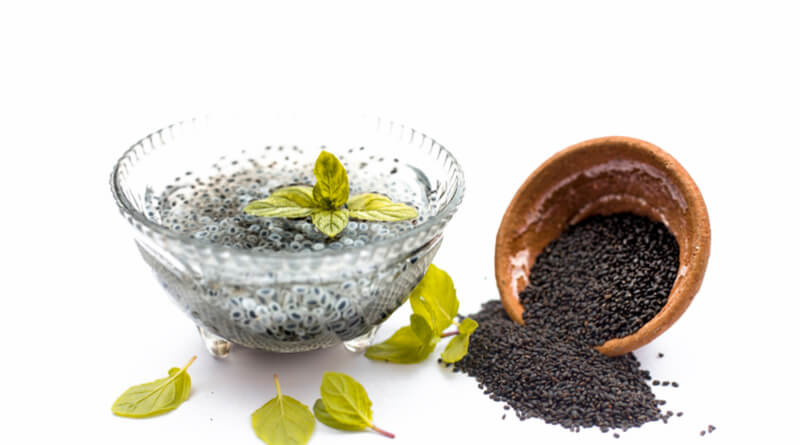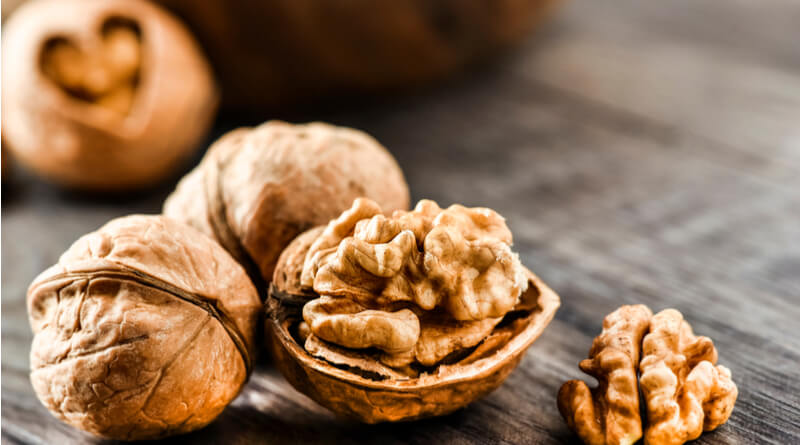Sabja seeds, more commonly known as basil seeds, are great food items that you probably haven’t realized you’ve been eating. They don’t really have a taste, but are very fragrant, so they are normally utilized as a garnish. But you should know that these little seeds are actually much more complicated than being a simple garnish.
How to Eat Sabja Seeds
The best way to prepare and eat sabja seeds is to soak them in water. Basil seeds will start to swell up when combined with water. Each black seed will be coated with a translucent white film and they will expand to about twice their size. Soak about 2 tsps of basil seeds in 1 cup of warm water for 15 minutes. The warm water will maximize the swelling of the seeds and release their antioxidants and digestive enzymes.
After the seeds are prepared you can proceed to eat them in a variety of ways. You can garnish your dishes with them to give the dishes a unique taste and nutrition boost. They also work well as an addition to desserts and drinks. You can even blend them and infuse them into lemonade. They’re even great to munch on raw as a healthy snack alternative.
Sabja Seed Benefits
Helps in Weight Loss
Sabja seeds have a high concentration of alpha-linolenic acid (ALA). This acid is derived from high levels of omega-3 fatty acids, and helps boost your metabolism. Basil seeds also contain quite a bit of fiber which can help you stay satiated longer and minimize your food cravings. Combine them with your yogurt or smoothie to make the dish more filling and less caloric.
Reduces Body Heat
Sabja seeds are great additions to drinks. They don’t just make a drink look more interesting, but they also have a natural cooling function, which is why they’re consumed in hot countries. You can make some great refreshing drinks that can also improve your quality of life using these wonderful seeds.
Controls Blood Sugar Levels
Sabja seeds are also great for people suffering from type-2 diabetes. They have the ability to help regulate blood sugar levels and slow down your metabolism.








